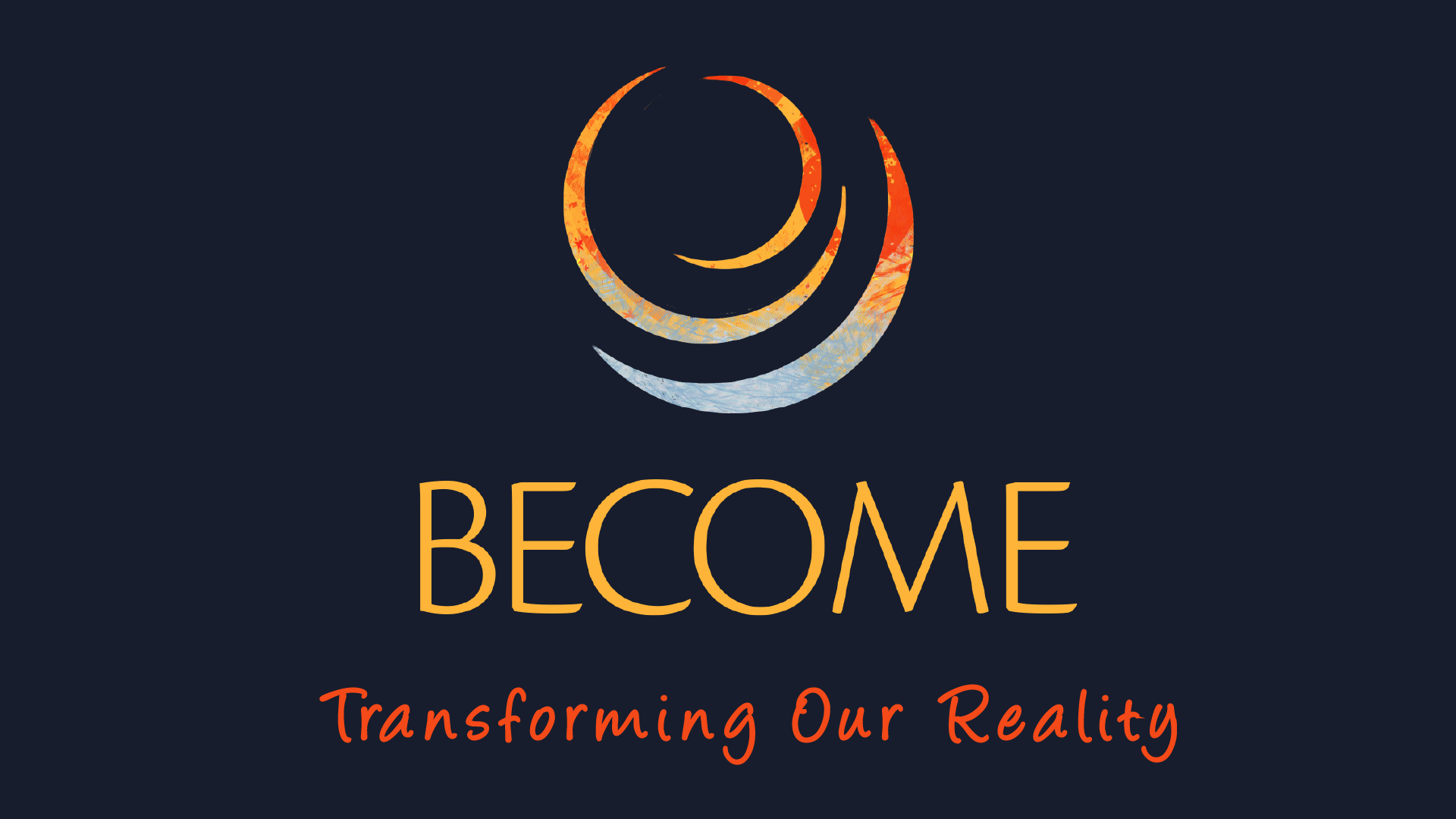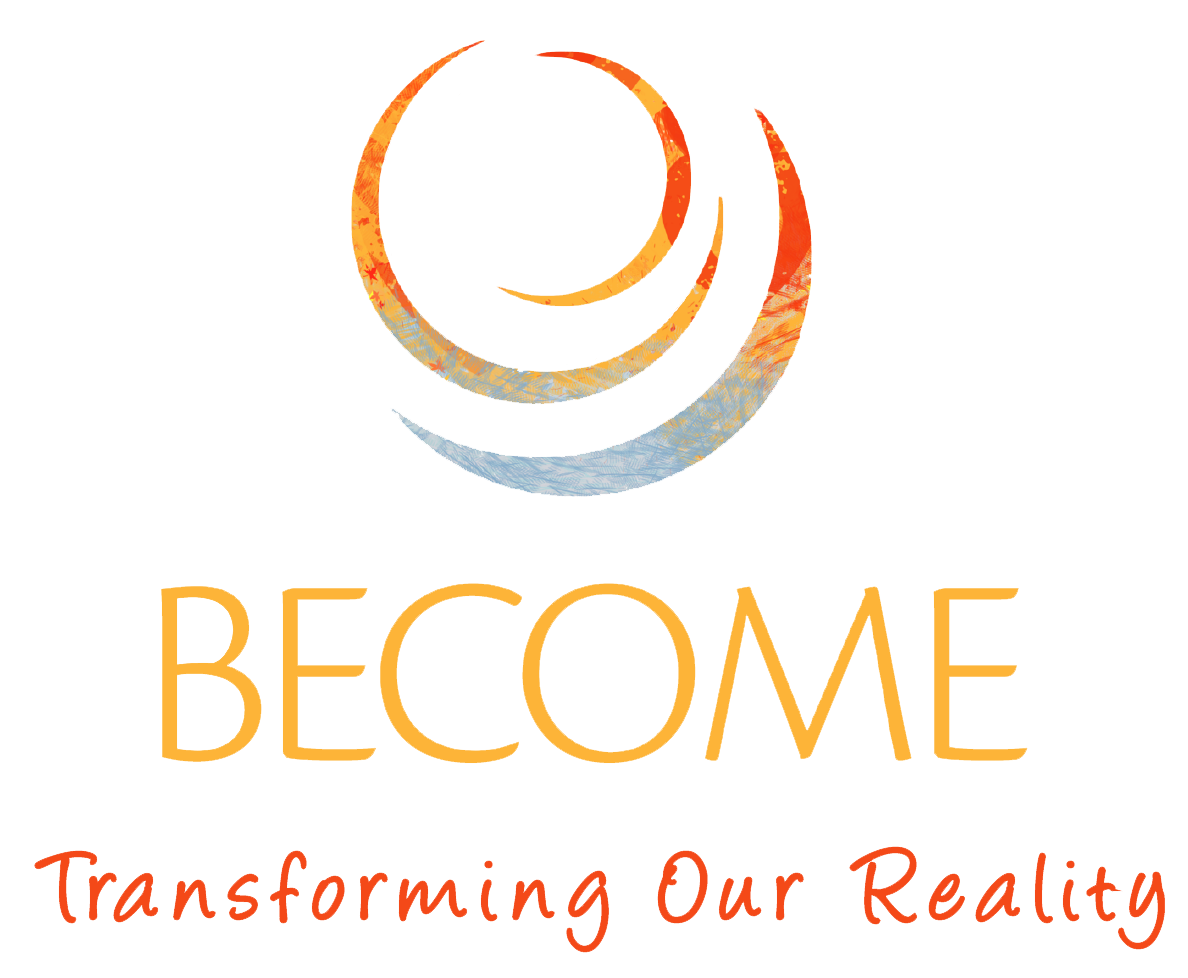Peace-making and Violence Prevention
Foundation innovations in violence prevention
We conducted the evaluation of the Chicago Fund for Safe and Peaceful Communities. Several major local foundations, including the Chicago Community Trust, the Joyce Foundation, the John D. and Catherine T. MacArthur Foundation, the Robert R. McCormick Foundation, the Polk Bros. Foundation, the Woods Fund Chicago and others, came together around peacemaking and violence prevention with a rapid response funding mechanism. This initiative included an open invitation to grassroots organizations not typically funded by the foundations. Through the evaluation, we engaged grantees on various levels, facilitated connection, highlighted community and organizational assets, and informed the direction of the Fund, which supported many communities of color.
Trauma Prevention
Responding to the needs of the North Lawndale community, we partnered with the I AM ABLE Center for Family Development and the Trauma Response and Intervention Movement (TR4IM), to enhance a coalition to address and prevent trauma. We helped them with:
- Program evaluation, helping to ground their work in evidence-based practice in trauma and violence prevention; and
- Engaging more partners, such as a local high school, a nonprofit that assists low-income families with financial planning, and an organization assisting nonprofits in retirement planning.
Health
Improving School-based Clinical Care
We work with with School-Based Health Centers through our partnership with Everthrive Illinois’ Empowerment Institute. This initiative focused on creating a network of support and professional development for health professionals that are often overworked and overwhelmed. The goal of the Empowerment Institute is to improve School-Based Health Centers’ staff morale and empowerment, as well as enhance their capacity to provide quality care. Through our evaluation process, we found a decrease in symptoms of compassion fatigue and secondary traumatic stress for nurses, behavioral therapists, social workers, and other professionals working with youth in a clinical health setting. By building an accessible network of support, the program fosters compassion satisfaction, lowers burnout rates, and is better equipped to ensure their patients receive high quality care.
Curbing Infant Mortality
Currently, we are working with The Center for Faith and Community Health Transformation, as well as others, on a collaborative project called Courage to Love to understand why the infant mortality rate is so high in Auburn Gresham. Many scientists now believe that the chronic stress of discrimination has an impact on women’s bodies and that social support is a critical mediator of that stress. We are providing training for and facilitating learning and action circles with residents who want to make a difference on their blocks and in their neighborhood.
Community and Economic Development
Development without Displacement
Through the Chicago Community Trust, we worked with Elevated Chicago (EC). EC is a city-wide initiative to spark equitable transit-oriented development, which promotes development without displacement around public transit stations. It also focused on health and wellness, climate resilience, and arts and culture as strengths to spur grounded development. We worked with community stakeholders – organizations, residents and developers – to create a work plan rooted in the assets of the community and sociopolitical understanding.
Quality of Life Planning
With Teamwork Englewood, we helped design and implement the process of developing Englewood’s Quality of Life Plan, including providing facilitation capacity building training and coaching for facilitators of the task forces. The task forces focused on five key areas – health and wellness; education and youth; jobs and economic development; housing; and safety and violence prevention. In working with each task force, we assisted them with developing visions, goals, objectives, strategies and actions plans to help their community reach its potential. An example of their success has been community members taking over “hot spots” (areas high in crime) and decreasing violence, making their neighborhood safer and residents feel more secure.
Youth Development and Education
21st Century Learning
We are partnering with the Boys and Girls Club of Chicago to evaluate their 21st Century Learning Program. We are utilizing a mixed method design to look at academic performance, social and emotional skills and parent engagement. After conducting focus groups at five different sites, the youth made recommendations to improve the BGCC’s program. These young people became “little evaluators” and learned to look at the goals and objectives of the program. This new skillset will allow the youth to continue to inform future program shifts.
Enhancing Youth Programming
Working with The Ark of St. Sabina, we built an evaluation team of community members, organizational staff, parents, youth, and elders. This team identified the need to enhance youth programming to build leadership and advocacy skills. Through this work we met “Tabatha,” an 11-year-old, who stopped going outside and became reclusive and shy after witnessing a murder two years ago. As a result of the programs The Ark developed, she helped to create and implement violence-prevention projects, served on our community evaluation team and is dancing in front of hundreds of people at community events.
Racial Equity
Black Men and Boys Success
Working with Fathers, Families and Healthy Communities as well as Stanhope Consulting, we are using tools of facilitation and evaluation to shape a strategic plan to advocate and form social and institutional capacity to eradicate barriers of racism, police brutality, incarceration and obstacles to quality education that prevent African American men’s and boys’ success. As part of this process, we facilitated circle dialogues with men to discuss the struggles they face daily that bump up against systems. From this analysis, we developed a theory of change that is guiding our direction towards a vision of an equitable city.
Evaluation for Racial Equity
Through ForeFront, we are providing trainings on Evaluation for Social Justice. Forefront is a nonprofit that advocates for nonprofits and foundations in Illinois and provides resources to strengthen their capacity through access to training, knowledge of funders and connecting to one another. Through our training, nonprofits and foundations are learning how to use evaluation not only to capture and report outcomes but to change the power dynamic in favor of communities who are historically and currently oppressed.



